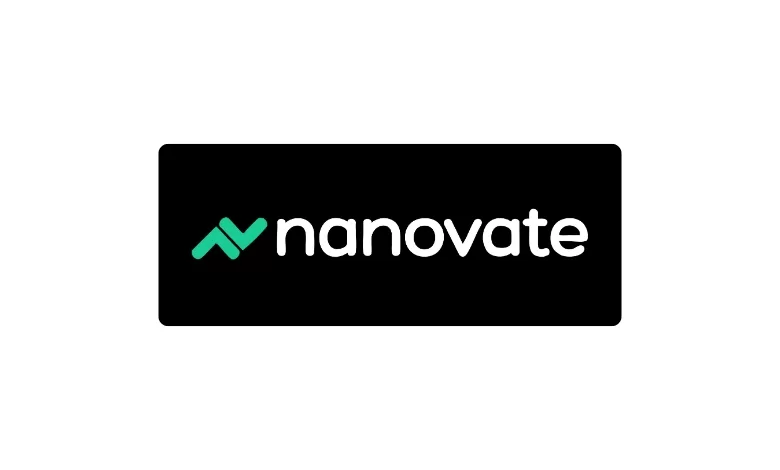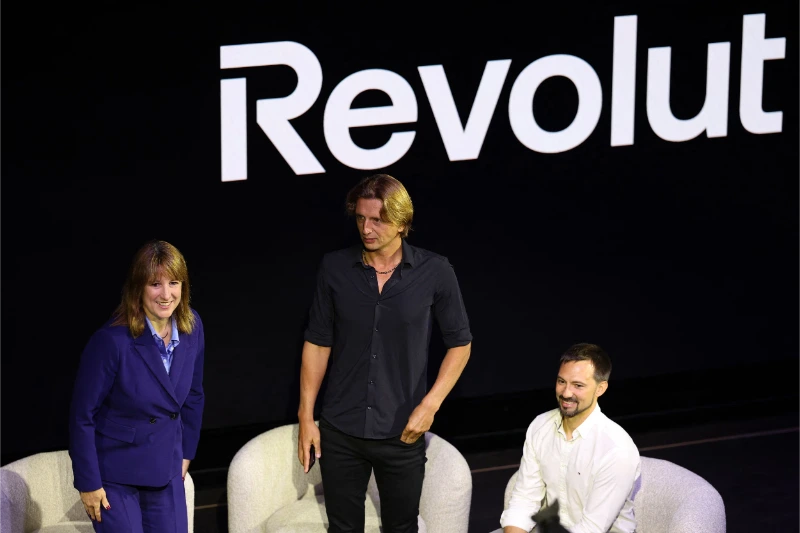Anthropic has announced the launch of a research preview for its new AI browser agent, Claude for Chrome, powered by its proprietary Claude models.
According to TechCrunch, the agent is being rolled out to 1,000 subscribers on the Max paid plan—priced between $100 and $200 per month—with a waitlist now open for interested users.
The tool functions as a Chrome extension, allowing users to interact with Claude through a sidebar that maintains full context of browsing activity. It can even be granted permission to take direct actions such as publishing, purchasing, or sharing sensitive information on behalf of users.
As Anthropic noted:
“We’ve spent recent months connecting Claude to your calendar, documents, and many other pieces of software. The next logical step is letting Claude work directly in your browser.”
The launch comes amid an intense competition in the browser space. Perplexity recently unveiled its AI-powered browser Comet, while OpenAI is reportedly close to introducing a similar product. Google has also integrated Gemini into Chrome. Meanwhile, Google’s ongoing antitrust case has sparked acquisition interest, with Perplexity making a $34.5 billion informal bid, and Sam Altman, CEO of OpenAI, also expressing interest.
Despite progress, Anthropic warned of new security risks posed by browser-level AI agents. Brave’s security team recently identified a vulnerability in Comet that enabled prompt injection attacks, later confirmed as patched by Perplexity.
Anthropic emphasized:
“Browser-using AI brings safety and security challenges that need stronger safeguards… We’re piloting with 1,000 Max plan users—join the waitlist—to learn as much as we can.”
The company reported that its mitigation measures reduced attack success rates from 23.6% to 11.2%, by restricting access to certain websites, blocking default access to financial, pirated, or adult content, and requiring user approval before sensitive actions.
Anthropic had previously launched an AI desktop agent in October 2024, which struggled with performance issues. However, with recent advancements, modern agents such as Comet and ChatGPT’s agent now reliably handle simple tasks—though complex workflows remain a challenge.





